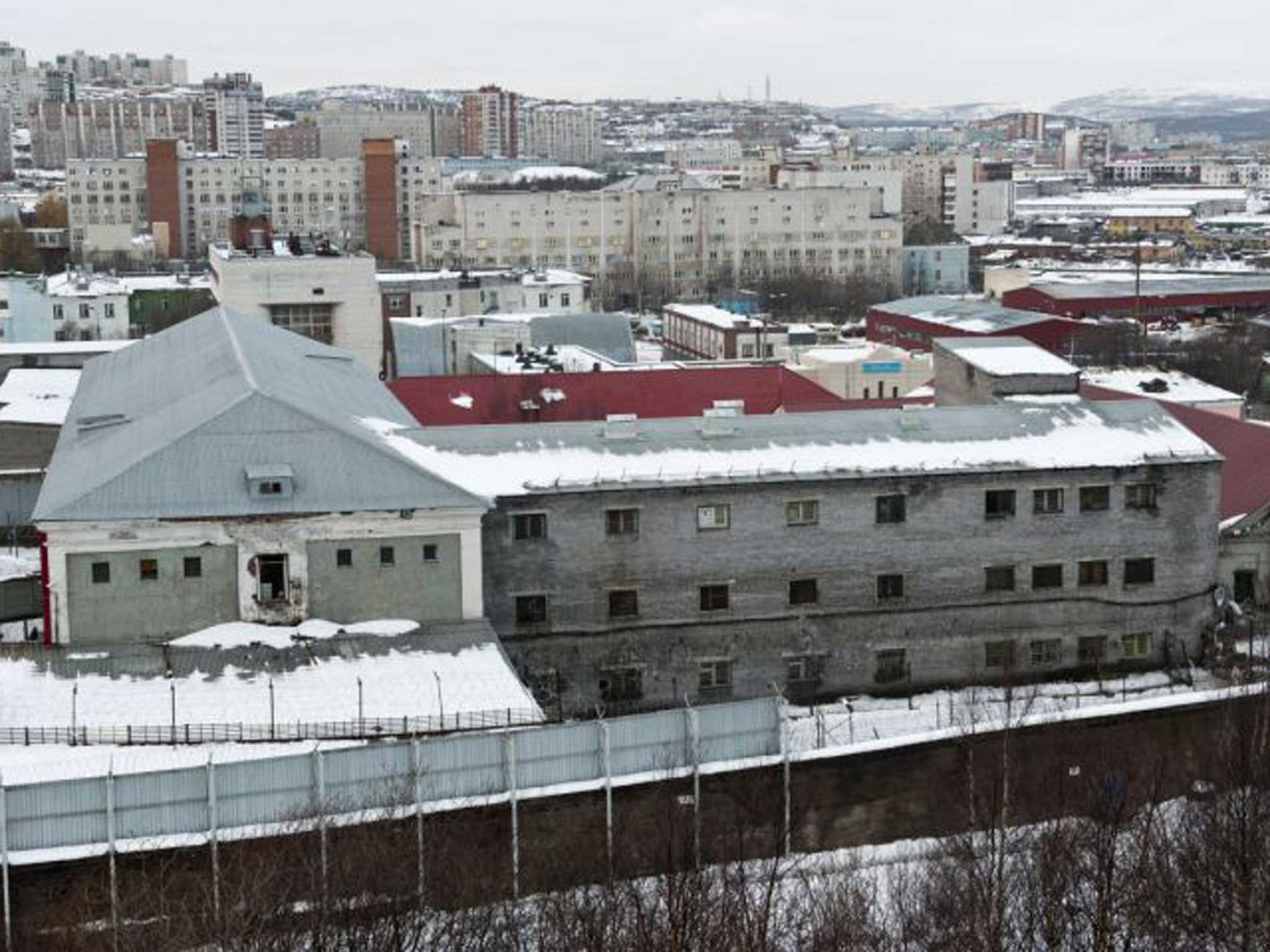Russia to move 30 detained Arctic drilling activists, says Greenpeace
Greenpeace head says activists will be moved from the remote Murmansk to St Petersburg

Your support helps us to tell the story
From reproductive rights to climate change to Big Tech, The Independent is on the ground when the story is developing. Whether it's investigating the financials of Elon Musk's pro-Trump PAC or producing our latest documentary, 'The A Word', which shines a light on the American women fighting for reproductive rights, we know how important it is to parse out the facts from the messaging.
At such a critical moment in US history, we need reporters on the ground. Your donation allows us to keep sending journalists to speak to both sides of the story.
The Independent is trusted by Americans across the entire political spectrum. And unlike many other quality news outlets, we choose not to lock Americans out of our reporting and analysis with paywalls. We believe quality journalism should be available to everyone, paid for by those who can afford it.
Your support makes all the difference.Russia is preparing to move 30 Greenpeace activists arrested over a protest against Arctic drilling from the far-north city of Murmansk to St. Petersburg, the environmental group said on Friday.
Two journalists are among the 30 detainees who have been charged with hooliganism for the 18 September protest where the activists attempted to scale Russia's first offshore Arctic oil rig, the state owned Prirazlomnaya.
Their ship, the Greenpeace icebreaker Arctic Sunrise, was forcibly boarded by Russian coast guards after the protest.
The group were initially charged with piracy, before this charge was replaced by the Investigative Committee with the less severe charge of hooliganism. This reduced a potential maximum prison sentence from 15 years to seven.
Kumi Naidoo, head of Greenpeace International, said it would be easier for relatives and consular officials to reach them in St. Petersburg, about 440 miles from Moscow, rather than in remote Murmansk. It would also be more convenient for state prosecutors.
However, he said "the detainees shouldn't be in jail at all," in a statement distributed by Greenpeace, calling for their immediate release. "They are prisoners of conscience who acted out of a determination to protect us all, and they should be free."
Greenpeace said they had been made aware of the move by diplomatic sources. They could be moved as soon as this evening.
The case has knocked Russia's image in the West, with the Netherlands lodging a legal case with the International Tribunal for the Law of the Sea seeking to free all those under arrest.
Prime Minister Dmitry Medvedev told a joint press conference on Friday with his French counterpart Jean-Marc Ayrault that the case will be processed in line with Russian law.
He reiterated Moscow's stance that the Greenpeace protest posed a threat to the security of personnel and environmental safety by disturbing the work at the platform.
Russia's Investigative Committee, which is leading the case, could not be reached for comment and the reasons behind any such move were not immediately clear.
Additional reporting by REUTERS
Join our commenting forum
Join thought-provoking conversations, follow other Independent readers and see their replies
Comments